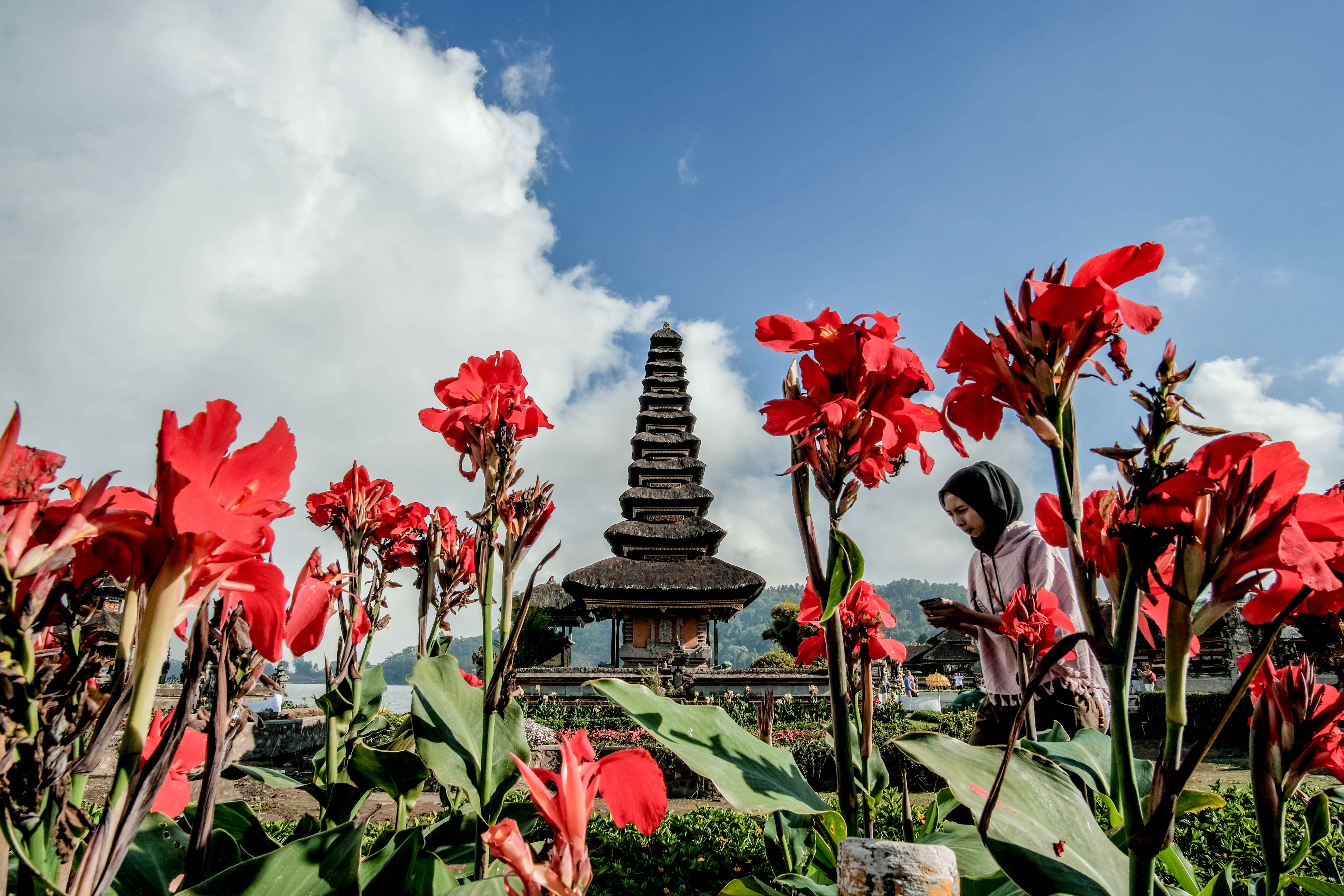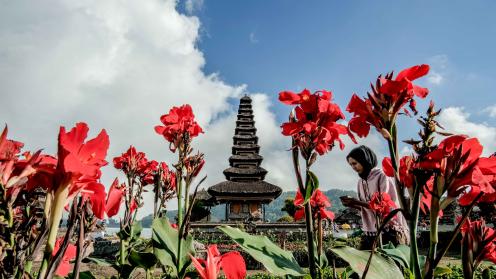About
GP2022 urged the need to "think resilience" in our disaster risk reduction strategies, attracting more funding for disaster preparedness and aligning efforts with climate initiatives while leaving no one behind.
Final report
Summary report 23–28 May 2022
All coverage

Taking place at a critical time in a COVID-19-affected world, the seventh session of the Global Platform for Disaster Risk Reduction (GP2022) offered a timely opportunity to renew commitments, increase ambition, and accelerate progress on disaster risk reduction (DRR). In advance of the meeting, Mami Mizutori, Special Representative of the Secretary-General for DRR and Head of the UN Office for Disaster Risk Reduction (UNDRR), underscored the need to “rethink our approach to managing risk…overcome complex global hazards…and ensure that no one is left behind and the most vulnerable are empowered.”
The work of the Global Platform for Disaster Risk Reduction (GPDRR) highlights the importance of international cooperation and solidarity on addressing risk drivers at the local, regional, and global levels. The Platform is the main multi-stakeholder global forum to assess and discuss progress, share knowledge, and identify gaps on the implementation of the Sendai Framework for Disaster Risk Reduction 2015-2030 (Sendai Framework).
The Sendai Framework is a global, non-binding agreement aiming to achieve “a substantial reduction of disaster risk and losses in lives, livelihoods, and health, and in the economic, physical, social, cultural, and environmental assets of persons, businesses, communities, and countries.” The framework was adopted in 2015 at the Third UN World Conference on Disaster Risk Reduction in Sendai, Japan.
GP2022 convened under the theme “From Risk to Resilience: Towards Sustainable Development for All in a COVID-19 Transformed World.” The meeting was organized around three main sub-themes and three cross-cutting themes. Main themes focused on:
- disaster risk governance, and how an all-hazard and all-society approach to DRR strengthens the resilience of economies and societies;
- COVID-19 recovery, and ensuring global efforts are disaster risk-informed, inclusive, gender responsive, and address the underlying social and economic risk drivers of risk; and
- DRR financing, and policy options on financing risk-informed development and the use of innovative financial tools to catalyze action.
Cross-cutting themes addressed:
- the Sendai Framework stocktaking, focusing on progress and areas requiring further attention;
- leaving no one behind, and ways to accelerate action to reduce disaster risks for those most at risk, as well as the leadership and contribution to DRR of women, youth, and persons with disabilities; and
- the Sustainable Development Goals and climate action, and ways to further promote DRR activities and strategic actions in synergy with sustainable development and climate action agendas, policies, and programmes.
GP2022 featured a range of sessions, including high-level dialogues, thematic sessions, mid-term review plenaries, and ministerial roundtables. The first two days of the meeting—he Preparatory Days—were comprised of special events and stakeholder consultations, including a Stakeholder Forum, the Fifth Edition of the World Reconstruction Conference, and the Third Multi-Hazard Early Warning Conference.
GP2022 took stock of progress in implementation of the Sendai Framework, contributing to its intergovernmental mid-term review, which is scheduled for 2023. The meeting further contributed to the High-Level Political Forum on Sustainable Development, to be held in New York in July 2022. GP2022’s work were guided by the goals of the Sendai Framework, priorities identified at the sixth session of the GPDRR, held in 2019, and regional platform meetings.
GP2022, which was organized by UNDRR and hosted by the Government of Indonesia, took place from 23-28 May 2022, in Bali, Indonesia. On the last day of the meeting, the host government offered a fieldtrip programme, showcasing the uniqueness and diversity of Indonesian culture, including efforts of Balinese people to protect the environment.
UNDRR was established in 1999 as the focal point in the UN system for the coordination of DRR. It follows a multi-stakeholder approach, operating through a network of global partners, including national and local governments, intergovernmental and civil society organizations, and the private sector.
